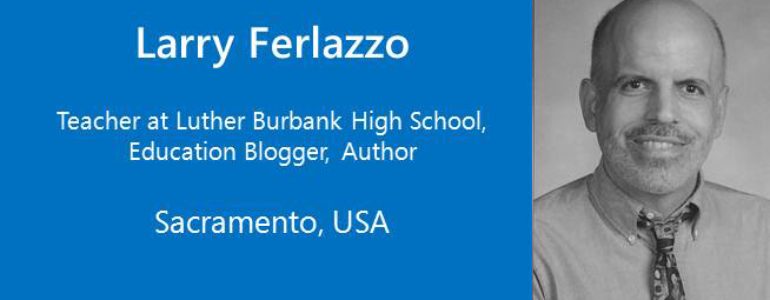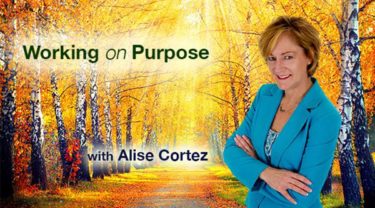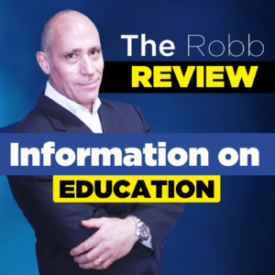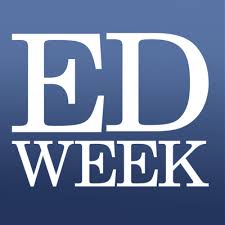By Larry Ferlazzo
I have been a consistent basketball player for over forty-five years – I have played regularly during that period and also remained consistent in the mediocre level of my play. Nevertheless, any time I moved cities, I was easily able to connect with new-found friends on the court. And, apart from soreness, a few black eyes, and one broken wrist (I did finish the game despite that injury!), I had been able to escape with any serious physical problems.
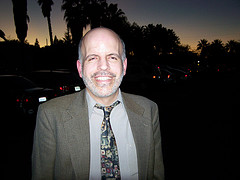
Until last March, when I suffered a severely herniated disc.
It’s been seven months, and I’ve almost recovered. In fact, I just played in my first friendly game of basketball since the injury (though I have retired from league play). During my successful rehabilitation process, I noted a number of similarities between what it takes to be a successful patient and what it takes to be a successful learner and gained increased empathy for my students.
Here are a few things I learned:
- It’s easy to give up if not initially successful
During the first few weeks of my injury, I spiraled into what my wife called “the abyss” – I was making no progress, saw no future progress on the horizon, and had nightmarish visions of never getting better.
If I, a person who has a long list of personal and professional successes behind, can feel this way, how must a student who might have a much less positive track record feel when he or she is just “not getting” some concepts?
- A little bit of progress can go a long way
Professor Teresa Amabile is well-known for the research behind The Progress Principle. She found that the key to motivation was daily progress – no matter how small.
Through physical therapy, I was able to begin escaping my “abyss” by noting even the tiniest amount of progress – I was able to walk one additional step without experiencing excruciating pain, I was able to do one additional set of an exercise. And both the physical therapist and my wife (who is a nurse practitioner) helped create situations where that progress happened and pointed it out even when I didn’t notice.
For struggling students, how easy is it for us to miss very small, yet positive, steps they might be taking? And how many of us take the time to help deliberately create situations to increase the odds of those small positive steps happening?
- Words can make a difference
When my regular physician referred me to a sports doctor, the specialist nonchalantly dismissed the idea that I would ever play basketball again – within the first five minutes of my appointment. I was devastated, and shaken, and began to fall into the “abyss” again.
How often do teachers make a comment about a student’s goals – to be a professional athlete, or performer – that can appear to them as dismissive? What kind of impact can those words have on them, even if they are successful in hiding those emotions? How much motivation can be quashed by a few misplaced words?
- You often can’t get very far without deliberate practice
The concept of deliberate practice, a strategic and focused practicing of a skill, is often discussed in education and athletic circles. One element of deliberate practice which is sometimes missed, however, is the role of coaching – the need for someone to observe and give you detailed feedback.
In my physical therapy, and in my regular TRX exercise sessions, it became very clear that regular feedback on my techniques were and continue to be crucial to my recovery. It’s easy for a novice to make numerous mistakes – both big and small – that can hamper success and even cause harm.
It’s difficult for a teacher with thirty-five students in his/her classroom to provide regular and consistent individualized coaching. But if research shows that it’s critical to success, should we place a higher priority on exploring ways to generate more of it – for example, through top-notch peer editing and other specific ways that students can provide quality feedback?
I’m not pretending that any of these meanderings are lightbulb-worthy insights. Nevertheless, I figure my teaching practice will never be hurt by gaining a little more empathy for students….
Larry Ferlazzo is a long-time teacher at Luther Burbank High School in Sacramento, California. He has authored nine books on education, writes a weekly advice column for Education Week Teacher, and hosts his own popular resource-sharing blog for educators.
![]()

